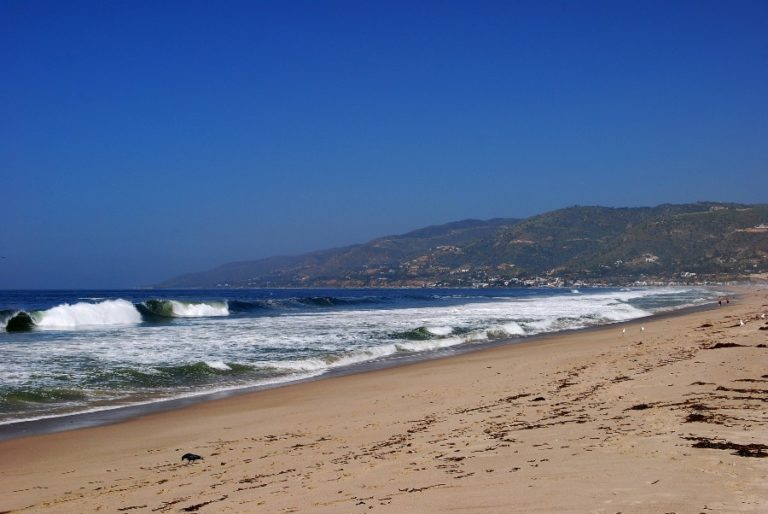
Media Expertise: Climate Change & Environment, Science & Technology
Areas of Interest: Climate Change and Impacts, Earth System Modeling, Hydroclimatology, Water Resources, Flood Drought Heatwaves, Land Cover Change.
Biography: Dr. Jeremy Pal is a full professor and director of two graduate programs in the Department of Civil Engineering and Environmental Science where he teaches a variety of courses and performs research related to hydrology and water resources as well as climate change and sustainability. He received his AA from Santa Monica College, BS in Civil Engineering from LMU, and MS and PhD Environmental Engineering from the Massachusetts Institute of Technology. Prior to joining the LMU faculty in 2006, Dr. Pal worked as a research scientist in the Earth System Physics Group for the Abdus Salam International Centre for Theoretical Physics in Trieste, Italy, an agency that operates under the UNSESCO umbrella with the mission to foster the growth of research in developing nations. He has experience with various consultancies including the Eastern Nile Technical Regional Office in Ethiopia and the Singapore MIT Alliance for Research and Technology in Singapore. He has served as a visiting professor at MIT and is currently a research consultant in the Risk Assessment and Adaptation Strategies Division at the Euro-Mediterranean Centre on Climate Change.
Dr Pal’s research focuses primarily on the impacts of anthropogenic forcing – namely atmospheric greenhouse gases and land cover change – on a variety of societal risks and concerns, such as precipitation and heat extremes; water resources; flood and drought; agriculture; mineral dusts; and human and ecological health. To assess and project these impacts, he employs a variety of numerical models, including regional climate, hydrologic, wetlands, and water resources management models, as well as, analyze observational datasets. In doing so, he has co-led the development of four different internationally recognized regional climate modeling systems, which have helped advance the knowledge of a variety of earth system processes and drivers, including those associated with the atmosphere, the biosphere, aerosols, hydrology, and water bodies.
In total, he has co-authored more than 50 peer-reviewed publications, many of which appear in high impact journals, such as the Proceedings of the National Academy of Sciences, Nature Climate Change, and Science Advances, and many technical reports and book chapters including the IPCC Fourth Assessment Report Working Group I Physical Science Basis (contributing author).
Full faculty profile | Contact Jeremy Pal






